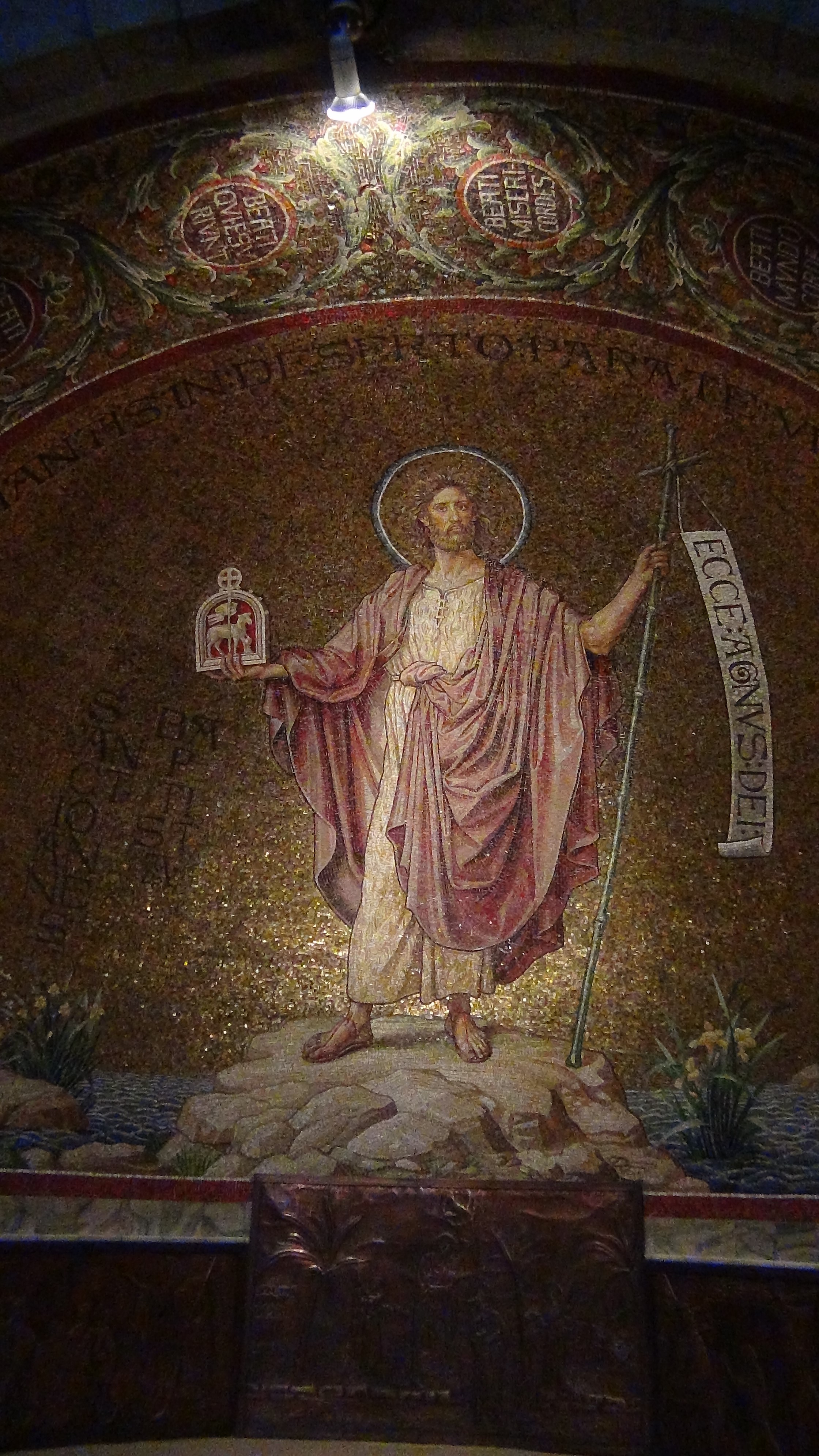Wis. 11:22-12:2; Ps. 145:1-2, 8-11, 13, 14; 2 Thes. 1:11-2:2; Lk. 19:1-10
“Son of Man has come to seek and to save what was lost”. What is it about Jesus that would have such a radical transformation on Zacchaeus as a sinner, tax collector, and extorter of the poor? Zacchaeus knew himself a sinner in need of redemption and believed in the Son of Man. Are we as clear-eyed of our own sinfulness and recognize our need for redemption from the Son of Man? If the confessional participation or lack thereof is an indication, we may be living a false sense off holiness and righteousness.
In his letter to the Thessalonians, St. Paul is seeking to keep the community from being “alarmed” or “shaken out of your minds suddenly” because of the preaching “that the day of the Lord is at hand.” The community expected Jesus return in their lifetime and were driven by “fear of the Lord” as was Zacchaeus. They were ready to give up their possessions and wait for his coming. Keep in mind that hundreds had actually witnessed his appearance after his resurrection, no only the disciples. The word was out that he is alive and coming back. If Jesus appeared to us today and said “the day of the Lord is at hand” we would likely react in a similar way thinking, “This is it, the end is here”. We would have a Zacchaeus moment of conversion.
What is our motivation of faith? As a child we are taught obedience by both fear and love as a means of gaining obedience. A child is taught to fear fire, strangers, snakes, in other words the elements, other people, and creatures of nature for their protection. At the same time a child is taught to love nature, people, and animals. What is a child to fear and what is a child to trust? A child does not fear the sandals on the feet but a “chancla” the sandal on the hand makes all the difference. Does a child learn faith or simply obedience until the day the faith is tested and found lacking in strength. The key to faith is relationship. To believe, to trust, to have faith is to be in relationship with the other, the trusted one. “Jesus, I trust in you” is a prayer of faith.
The Old Testament reflects obedience from fear of the Lord. The New Testament is centered on love of God. For some this is two separate motives for obedience but the God who is all is one and the same God where the greater the love the greater the fear driven by love of offending the loved one. This is the lesson of love and fear to grow in faith. This is the basis of true relationship to love one another with fear of harm to our relationship. The Lord is at hand to enter into relationship with us this day and our fear is to lack in our love of him.
Do you remember being asked as a child or as a parent asking your child “How much do you love me?” The child extends his or her arms out to show you and you respond “I love you to the moon and back” to show how much greater love you have for them. We want our child to capture how endless is our love. The God of who is outside of time and space has endless love for us but we have to see how much greater our relationship can be with him if we but remove the barriers we create and allow him to enter into our very being with his love. Jesus entered into this world for us to understand this love of God, this sacrifice for us, this calling to his mercy and into a deeper relationship with him and it begins here in the Mass.
The Mass is the summit of receiving Jesus, coming to us in the Eucharist, his love, his sacrifice, his mercy. When we receive the Eucharist, we are in full communion where his is present to us to open our hearts to him, our deepest thoughts and feelings, our fears and our love of the other. God is ready to answer our prayer so let us not be distracted from receiving the grace he desires for us but let us allow him this time to not only to speak to our hearts but to change our hearts into his very image of love, peace, justice, and joy. There should be a smile that Jesus has come to us today and we are thankful to be called a child of God loved all the way to eternity.
We are told “not to be alarmed…that the day of the Lord is at hand” but in faith to pray “that our God may make you worthy of his calling”. Every day is a day of the Lord called to be ready to receive him in this world and/or to be received by him in the next should we suddenly come to the end of this pilgrimage. We are not to be alarmed of his coming but welcoming ready to receive him. We want the Lord to come calling us excited to have an encounter with Jesus just as Zacchaeus desired to seek Jesus. We want Jesus to stay at our house, not only to sanctify us and our family, but our home, our pets, and all our possessions so that the Lord’s spirit resides with us and shine its light upon us. This is why the Son of Man came into the world to bring us his holiness and make us holy.
Finally, there is something greater here that Jesus is revealing in calling himself the “Son of Man”. Son of Man appears sixty-nine times throughout scripture. Son of Man is Jesus’ claim on his divinity and authority. He has come to judge as seen in the book of Daniel was “coming with the clouds of heaven”. When Jesus asks his disciples “Who do people say the Son of Man is?” the disciples gave multiple answers but Peter reveals that by this title he is “the Messiah, the Son of the living God” (Mat. 16:16) This is the one before us on the cross, this is the risen one, and this is the Son of Man most present in the Eucharist, body, blood, soul, and divinity. Are we ready for his judgment?
Today the Son of Man has come into this home, this sanctuary, calling us to open ourselves up to him, our very being and receive his power to forgive and to heal what is broken, injured, to make perfect what is imperfect. To receive Jesus is the call to be Jesus that others may come to see and believe.








Recent Comments